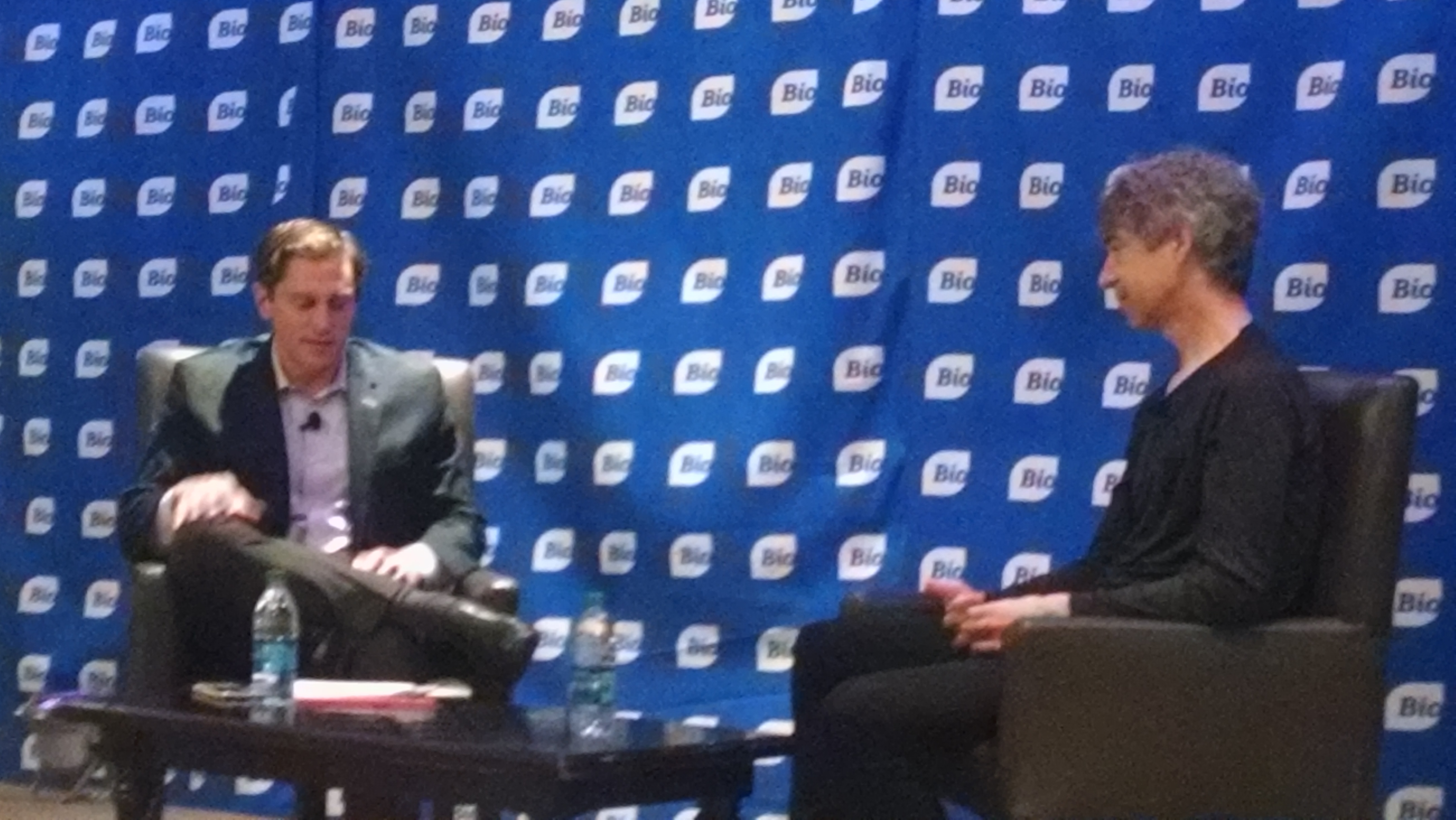The lunchtime plenary session at the Bio Investor Forum in San Francisco featured a fireside chat with BioTech investor Robert Nelsen. Nelsen described himself as a self-motivated investor who started his investment in projects at age 11. His key strategy today and main personal belief on investing is that science and technology matters, and that basic research is key. His premised was explained in his love the Scientific American which has a section showing the understanding and ideas in science 10, 20 and 50 years ago. The results shown in this section, are that what science understood at a given time was wrong based on the current understanding and science. This is an on-going challenge, as the improvements in science research and the interpretation of the results are constantly returning new explanations for basic science, and delivering new opportunities for business.
Using this information, Nelsen believes that companies should try new things and in new ways to learn the best ways to make something right, based on the latest information available. This mentality allows Robert to invest and focus big hard problems that multiple angles and aspects to address the problem. This gives multiple opportunities to find valid solutions over traditional methods. An area of the biggest interest is psychological drugs which address the varied space of Alzheimer’s disease and depression.
Right now, the cost of treatment and medication is 80% of the cost of a reactive care treatment plan. The cost increased as hospitalization and invasive methods are tried. He believes that many of these cases can be treated with drugs rather than invasive physical care. This would bring the treatment to an out-patient methodology, and dramatically impact the $3T in physical care billing annually.
From an investment and business strategy, the IP piece is secondary to getting the right scientists on the best practice for the program. The place for these pieces is cures require first line defensive IP, secondarily in the marketplace offensive position IP. This idea yields a belief that in the bay area, with the right strategy and the right team (good science and good people) can do anything and can beat big pharma to market and with innovative products.
